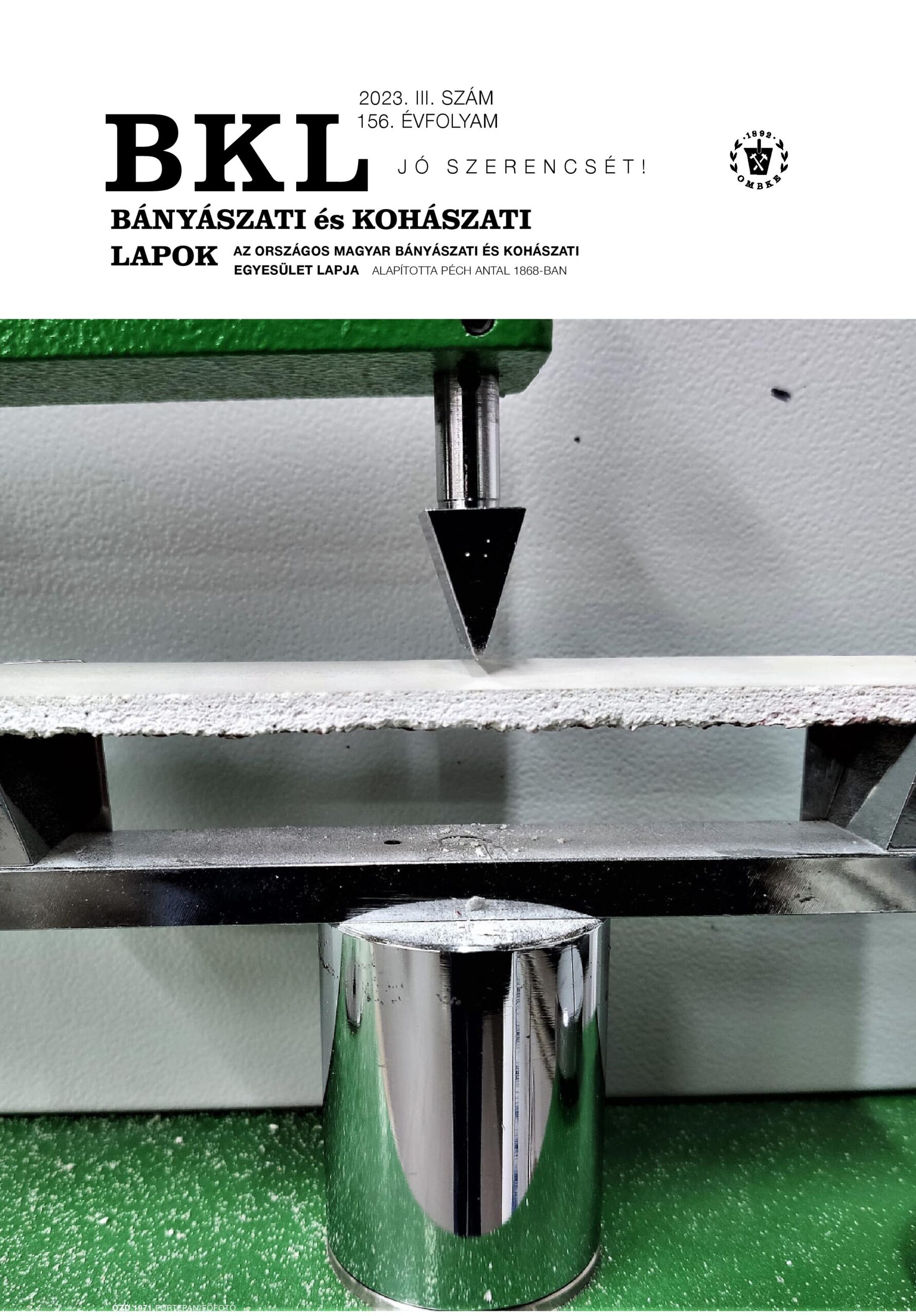Distorting and exploiting climate science
Abstract
No matter what kind of value system we hold and what we think about the justifi cation of the socalled climate emergy considered the basis of the green transition: by means of engineering and natural sciences it is clear that the forced green transition a) is impracticable, b) environmentally is highly destructive, c) is harmful to people and nations. The number one “scientifi c reason” for the green transition is the so-called climate emergency, which can also be investigated by purely scientifi c means. By approaching climate change in an empirical, objective and rational way, anyone can see that contemporary climate change is not unprecedented, and that natural forces independent of man are the determining factors. In this study, we looked into the issue of climate change.
References
Berkes Z. (1940): Éghajlatváltozás vagy éghajlat ingadozás? Az Időjárás, 44(7-8), 149-154.
Clintel (2023a): A Clintel sajtóközleménye az IPCC AR6-ról írt jelentésről, https://clintel.org/wp-content/uploads/2023/05/Press-release-Clintel-The-Frozen-Climate-Views-of-the-IPCC_HUNGARIAN.pdf
Clintel (2023b): A CLINTEL nyílt levele az ENSZ főtitkárának, https://gondola.hu/cikkek/150771-A_klimahiszteriat_az_ENSZ_is_fokozza.html
Connolly R., et al. (2021): How much has the Sun influenced Northern Hemisphere temperature trends? An ongoing debate. Astron & Astroph., 21, 6, 13. https://doi.org/10.1088/1674-4527/21/6/131
Európai Klímakonferencia (2023): Warsaw Communiqué on Climate Change in Europe, 2023. május 16. https://www.leopoldina.org/en/publications/detailview/publication/warsaw-communique-on-climate-change-ineurope-2023/
EASAC (2023): The Future of Gas, 2023. május 24., https://easac.eu/fileadmin/user_upload/EASAC_Future_of_Gas_Web.pdf
EP (2023): Az Európai Parlament 2023. június 1-jei állásfoglalása az Európai Unió valamennyi demokratikus folyamatába történő külföldi beavatkozásról, többek között a dezinformációról, 2022/2075(INI), 2023. június 1. https://www.europarl.europa.eu/doceo/document/TA-9-2023-0219_HU.html
ISC (2023): Flipping the science model: a roadmap to science missions for sustainability, Paris, France
Kiss A., Földváry L. (2017): Uncertainty of GRACE-borne long periodic and secular ice massvariations in Antarctica. Acta Geodaetica et Geophysica, 52(4), 497-510. https://doi.org/10.1007/s40328-016-0185-1
Koonin S. (2021): Unsettled: hat Climate Science Tells Us, What It Doesn't, and Why It Matters. BenBella Books
Koutsoyiannis D. (2013): Hydrology and change. Hydrological Sciences Journal, 58(6), 1177-1197. https://doi.org/10.1080/02626667.2013.804626
Poppick L. (2013): Ancient Forest Thaws From Melting Glacial Tomb. Live Science, https://www.livescience.com/39819-ancient-forest-thaws.html
Soon W., Connolly R., Connolly M. (2023): The inaccuracy of global temperature estimates and implications for the attribution of global warming. Climate Change Advisory Group Meeting, Heritage Foundation: July 25, 2023
Steffensen J. P. (2023): We live in cold times, https://www.youtube.com/watch?v=WE0zHZPQJzA
Szarka L. (2021a): Föld és ember. Magyar Belorvosi Archívum, 74(1) 8-27.
Szarka L. (2021b): Klímatudomány és földfizika. Magyar Geofizika, 62(1), 7-26.
Szarka L. (2022a): Az ún. fenntarthatóság természeti előfeltételeiről. In: Készségek, képességek fejlesztése a fenntarthatóságért az oktatás különböző szintjein. Fenntarthatóság - gyakorlatorientált képzés jövője (szerk: Bodáné Dr. Kendrovics Rita), Óbudai Egyetem, p. 13-18.
Szarka L. (2022b): Klímaváltozás és energiapolitika, a geofizikus szemüvegén át. Fizikai Szemle, 72(8), 244-247.
Szarka L. (2023a): Éghajlatváltozás. Magyar Űrkutatási Fórum, Sopron, 2023. május 3.
Szarka L. (2023b): Zöldátállás: a pokolba vezető út. Az 55. Bányagépészeti és Bányavillamossági Konferencián elhangzó előadás (Balatongyörök, 2023. szeptember 29.) kézirata
Szarka L. (2023c): Nyomasztó klímakérdés. Magyar Hírlap, 2023. július 27.
Szarka L. (2023d): "…ha megegyezik az ésszel és a természettel". In: Hazai és külföldi modellek az oktatásban. A tudomány és az oktatás felelőssége (szerk. Bodáné Kendrovics Rita). Tanulmánykötet, Óbudai Egyetem, Rejtő Sándor Könnyűipari és Környezetmérnöki Kar, p. 22-36.
Szarka L. (2023e): Feljegyzés. A szférák harmóniájáról, geofizikusoknak. Magyar Geofizika, 64(1), 58-60.
Szarka L., et al. (2023): Mennyi? Mi mennyi? PBK Fórum, 2022. február 21., http://pbk.info.hu/archiv/pbkforum/PBK_ENERGIA_2023_02_21.pdf
UN FCCC (1992): United Nations Framework Convention on Climate Change. FCCC/INFORMAL/84, GE.0562220 (E), 200705
Vinós J., May A. (2023): A téli kapuőr hipotézis. Magyar Demokrata, 14, 44-45.
Yuen D. A., et al. (2007): Superplume: Peyond Plate Tectonics. Spinger https://doi.org/10.1007/978-1-4020-5750-2



